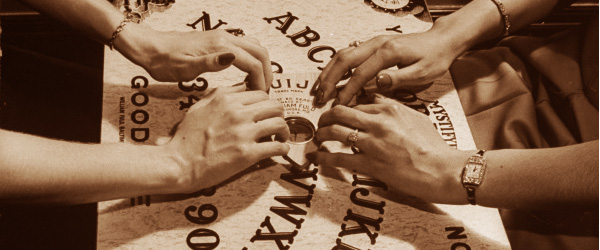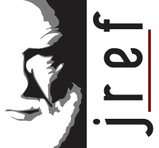By Michael Jones
It can be illuminating to check the primary sources cited by people making extraordinary claims. Blatant omissions and misrepresentations can distort a kernel of truth into a misleading message. Sometimes, the source can be quite evasive. This is a story of my futile effort (so far) to track down such a source.
It can be illuminating to check the primary sources cited by people making extraordinary claims. Blatant omissions and misrepresentations can distort a kernel of truth into a misleading message. Sometimes, the source can be quite evasive. This is a story of my futile effort (so far) to track down such a source.


